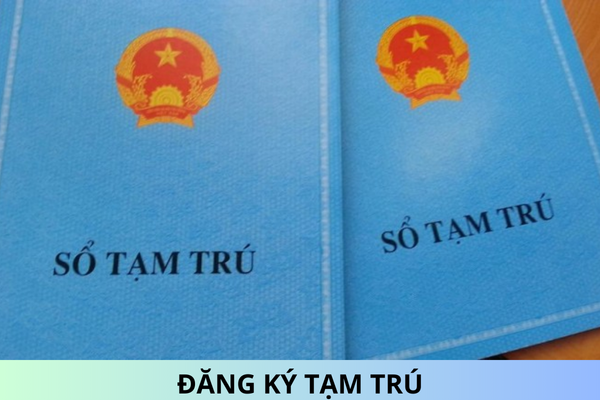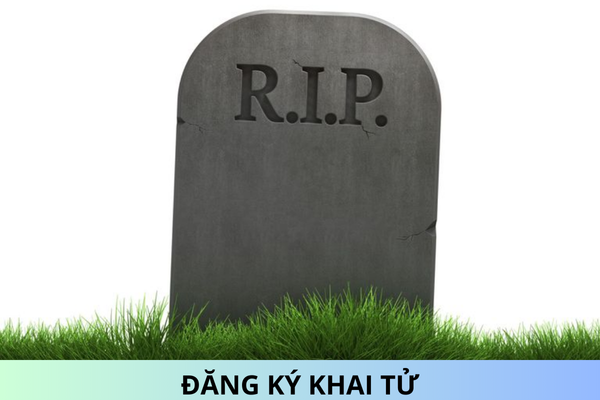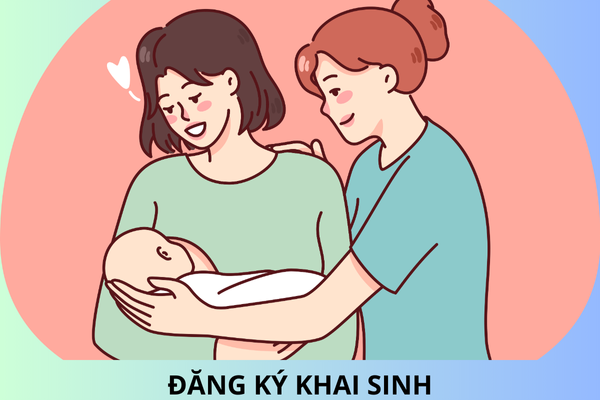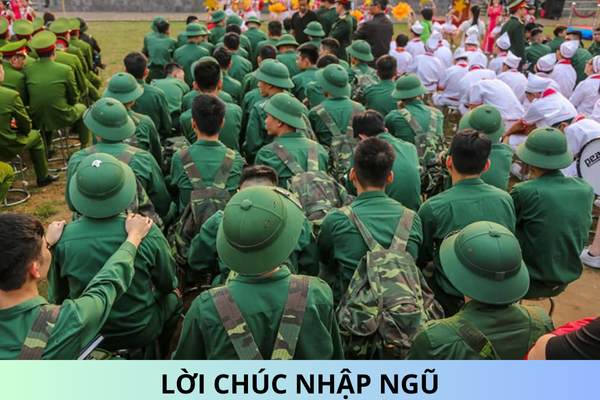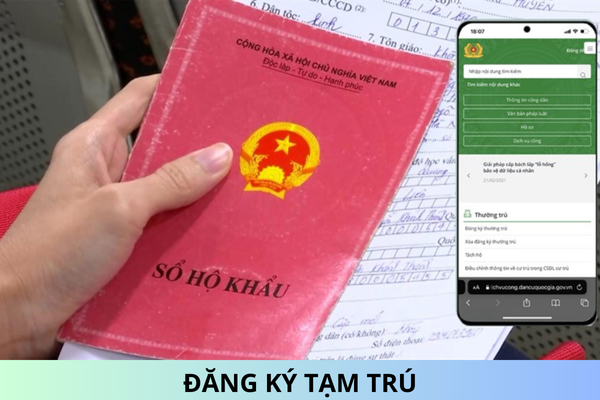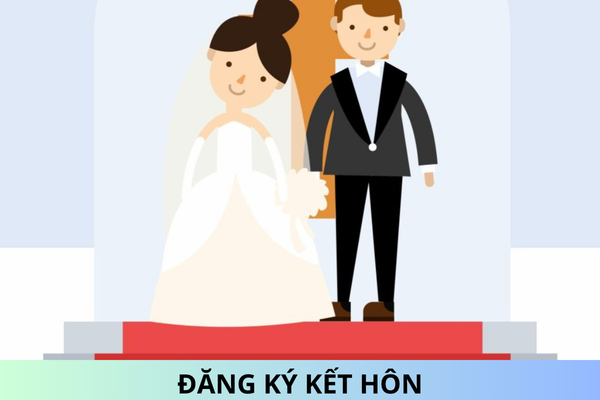Can I receive inheritance from my aunt in Vietnam?
Can I receive inheritance from my aunt in Vietnam? What is process for transferring car ownership when the car is an inheritance in Vietnam? Can a successor heir sign an estate division agreement document in Vietnam?
Can I receive inheritance from my aunt in Vietnam?
My aunt got married and had children and a husband, but they left, and now she lives with me. Auntie promised to leave her property to me, so when she dies, will I receive the inheritance?
Reply:
According to the provisions of the 2015 Civil Code, inheritors are determined based on the content of the will or are divided into inheritance according to law.
* If my aunt dies, she will leave a will
If the will is legal (ensuring the conditions specified in Article 630 of the 2015 Civil Code), the division of inheritance will be according to the aunt's will. Therefore, whether you receive an inheritance or not will depend on the content of your aunt's will.
* In case there is no will or there is a will but the will is not legal
According to Clause 1, Article 650 of the 2015 Civil Code, in case there is no will or the will is not legal, the inheritance will be divided according to law.
According to Article 651 of the 2015 Civil Code, the heirs at law are defined in the following order:
a) The first level of heirs comprises: spouses, biological parents, adoptive parents, offspring and adopted children of the deceased;
b) The second level of heirs comprises: grandparents and siblings of the deceased; and biological grandchildren of the deceased;
c) The third level of heirs comprises: biological great-grandparents of the deceased, biological uncles and aunts of the deceased and biological nephews and nieces of the deceased.
According to this Article, in case your aunt dies without leaving a will or the will is not legal, her inheritance will be divided among the first line of heirs. If the people in the first and second levels of heirs mentioned above no longer exist because they are dead, do not have the right to inherit, are deprived of the right to enjoy the inheritance or refuse to receive the inheritance, then you (the third level of heirs) will receive the inheritance.

Can I receive inheritance from my aunt in Vietnam? (Image from the Internet)
What is process for transferring car ownership when the car is an inheritance in Vietnam?
Previously, my biological brother had 2 motorbikes but now my brother has passed away. Now I want to transfer them back to my name, what should I do? The brother has a wife and a 12 year old child. This car was there before my brother got married.
Reply:
According to Article 612 of the 2015 Civil Code, an estate comprises property which the deceased owned and property which the deceased jointly owned with other persons.
Thus, the two cars in your brother's name are considered the inheritance he left behind.
On the other hand, Article 656 of the 2015 Civil Code stipulates: Heirs have the right to agree to determine the rights and obligations of the people in the estate. The agreement of the heirs must be made in writing.
So, now if you want to transfer those two cars to yourself, you must have a written agreement from the co-heirs deciding to leave the inheritance to you. At that time, you can carry out name transfer procedures according to legal regulations in Vietnam.
Can a successor heir sign an estate division agreement document in Vietnam?
Let me ask, if the successor heir is a 10-year-old minor, who signed the inheritance division agreement (the successor heir or the mother)?
Reply:
According to Clause 3, Article 21 of the 2015 Civil Code, the disposition of personal property of minor children (10 years old) is regulated as follows:
3. Each person who is from six to under eighteen years of age must have the consent of his/her legal representative to enter in and perform civil transactions, except for civil transactions which are performed for the purpose of meeting the needs of daily life suitable for the age group.
Thus, a minor child (10 years old) will independently establish his or her own property with the consent of the legal representative in Vietnam. Therefore, the person who signs the inheritance division agreement document is the successor, and at the same time, there must be written consent from the heir's legal representative to take over.
Best regards!
